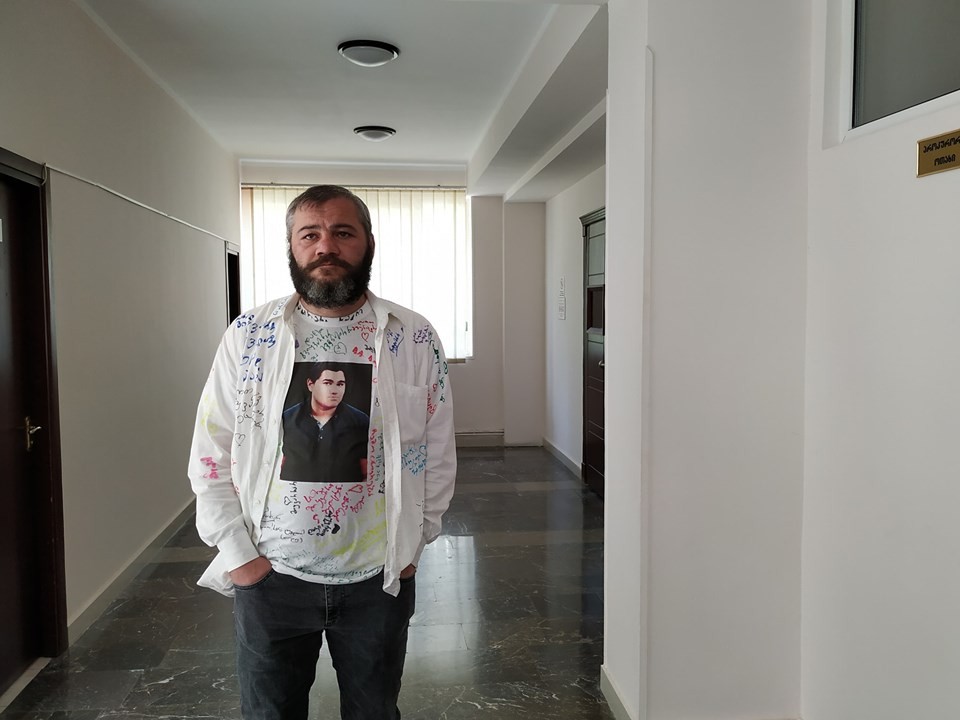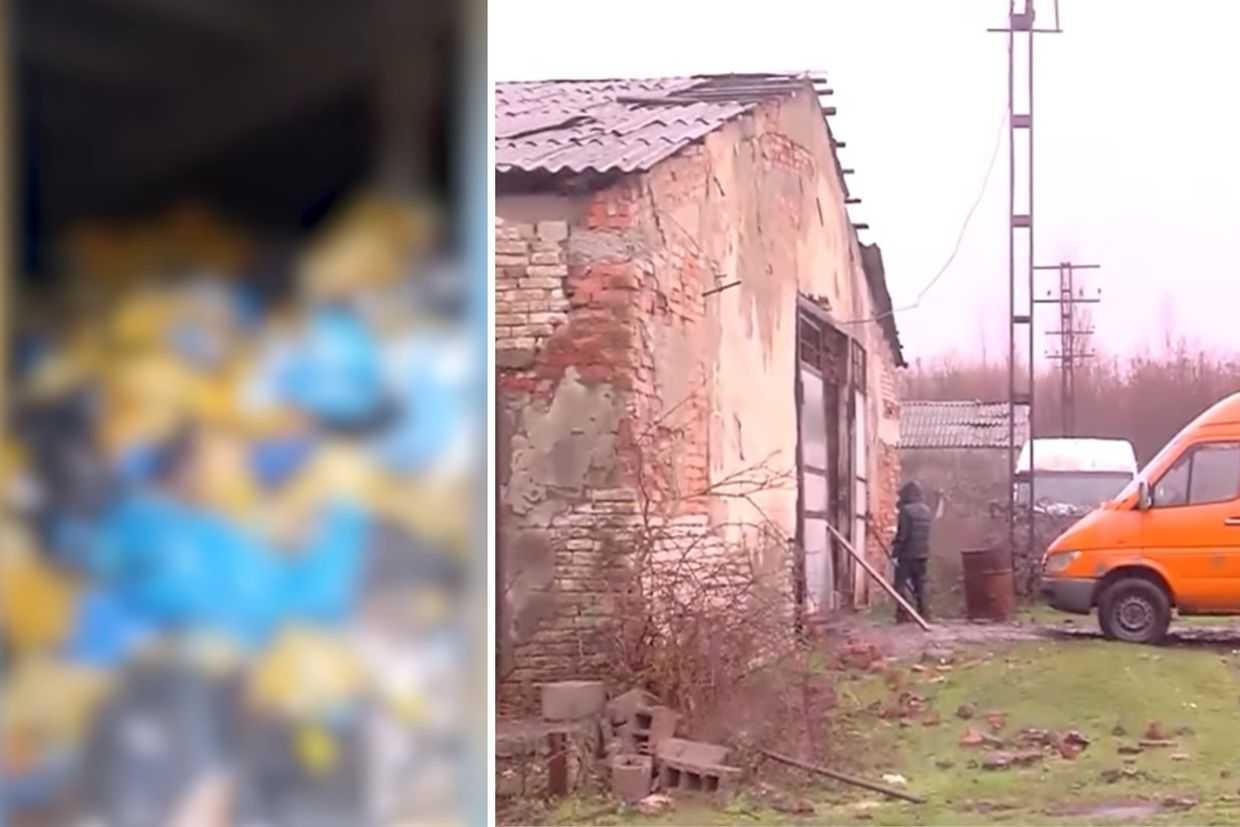

The Tbilisi Court of Appeals has ruled that one of the killers of 16-year-old Davit Saralidze has not been identified by investigators. In their ruling on 3 June, the court ruled that one person initially convicted for ‘attempted murder’ of Saralidze was guilty of murder, but that that the Khorava Street killings remained partially unsolved.
In December 2017, two 16-years-old boys, Davit Saralidze and Levan Dadunashvili, died from multiple stab wounds sustained during a school brawl that broke out following an argument earlier that day.
The Prosecutor’s Office initially charged two teenage boys with ‘premeditated murder of an underage person’. However, Tbilisi City Court found one of them guilty for murdering Levan Dadunashvili and another was found guilty for the attempted murder of Saralidze.
The court’s decision, which maintained that the murderer of Davit Saralidze had not been identified by the investigation, led the teenager’s father, Zaza Saralidze, to organise mass protests in front of the Georgian Parliament demanding that justice be served.
‘Justice partially served’
On Monday, as the court announced their decision, Zaza Saralidze told journalists that for the first time he had the feeling that ‘justice has been partially served’.
‘I will fight until the end. Nobody should think that I’m going to relax or back down … I call on the government — very little time remains, this fight will not stop and everybody will be held accountable in front of the law’, said Saralidze.
The court also made the decision to aggravate the charges against the defendant for murdering Levan Dadunashvili. As a consequence, both of those convicted in the case will serve 11 years and three months behind bars.
‘Even this court, which is being fully controlled by the government, did not enforce the absurd, catastrophic arguments which the prosecution had’, said the MP Sergi Kapanadze from the European Georgia Party. Kapanadze was the chair of the Parliamentary Committee created to look into the Khorava Street Investigation.
The Committee had also established that Davit Saralidze’s murderer had not been identified.
Initially, the prosecution had charged both G.J. and G.B. for the group murder of Davit Saralidze, however, G.B. was acquitted by the court of this charge.
‘Compromised investigation’
Zaza Saralidze has been demanding justice for his son’s murder in a tent set up in front of the Georgian Parliament for around a year.
After Tbilisi City Court announced the ruling, he called on fellow citizens to help him find justice and accused prosecutors of compromising the investigation. After protests, Chief Prosecutor Irakli Shotadze resigned on 31 May 2018.
The investigation into the murders was plagued by allegations of misconduct since its launch, with Mirza Subeliani, the father of one of the participants of the brawl and a former high-ranking employee of the Prosecutor’s Office, allegedly caught on CCTV destroying evidence from the crime scene.
Subeliani was sentenced in March 2018 on charges of failing to report a crime.
The Saralidze family said Subeliani would have had access to and could have influenced the investigation, and criticised the fact that he did not resign until three days after the event.
The recording released by the Prosecutor’s office in October suggested Georgian authorities attempted to bribe one of the witnesses of the Khorava Street murder into changing their testimony.
In the tape, Subeliani’s interlocutor, allegedly Davit Khutsishvili, a former senior Corrections Ministry official, is heard saying they had used the traditional street criminal elite as well as Orthodox priests to persuade Georgian archpriest Shio Menabde to influence his son, who witnessed the murder, to change his testimony. Khutsishvili allegedly confirms in the tape that ‘they’ placed ‘10,000’ in a church’s ‘donation box’ for the father. He did not specify the currency.
[Read on OC Media: Analysis | Georgia’s tapes scandals suggest something is rotten at the top of Georgian politics]









